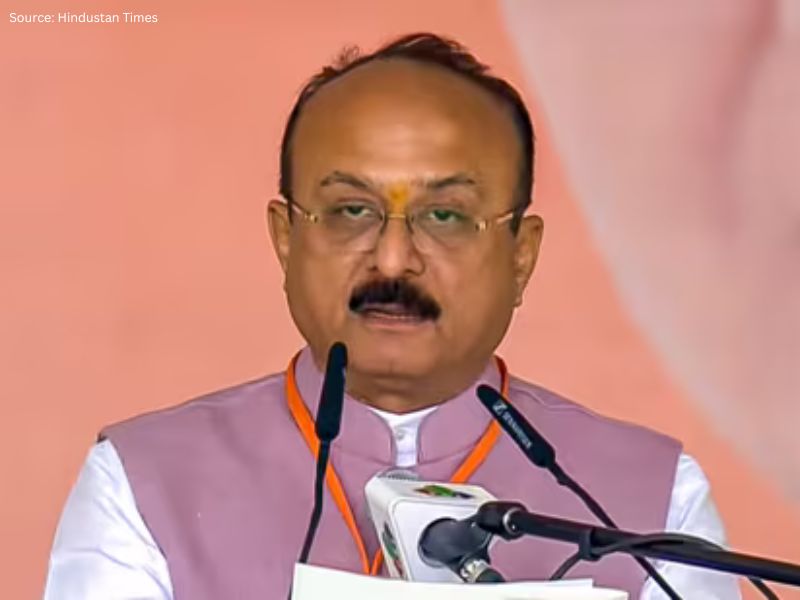Delhi government tables bill to regulate private school fee hikes
Delhi education minister Ashish Sood on Monday introduced a bill in the Assembly aimed at regulating fee hikes by private schools, claiming that “threats” had been made to derail the move.
The Delhi School Education Transparency in Fixation and Regulation of Fees Bill, 2025 was tabled on the first day of the Monsoon session. Sood described the bill as a long-overdue step to address what he called the “biggest legacy issue” affecting parents—the annual rise in private school fees.
“Every year, parents suffer due to arbitrary fee hikes. Despite pressure and threats from the education mafia, we are committed to transparency,” Sood said. He accused the previous AAP government of turning a blind eye to unauthorised increases in fees and alleged “underhanded dealings” with private schools.
The bill proposes a robust regulatory framework, including School Level, District Level, and State Level Fee Regulation Committees. Decisions made by these committees regarding fee hikes will remain binding for three years.
All private unaided schools—including minority institutions and those offering foreign curricula or located on concessional land—will be required to form a School Level Fee Regulation Committee by 15 July each academic year.
Factors to be considered while deciding fees include the school’s location, infrastructure quality, administrative and salary costs, surplus funds, and other prescribed criteria.
The Director of Education will be empowered to review committee records, issue directions, and refer matters to appellate bodies. If schools are found collecting unapproved fees, they must refund the excess amount within 20 working days, failing which escalating penalties will apply.
First-time violations will attract fines between ₹1 lakh and ₹5 lakh, with repeat offences leading to penalties of ₹2 lakh to ₹10 lakh. Continued non-compliance may result in doubled or tripled fines and, in severe cases, suspension or withdrawal of school recognition.
To safeguard students, the bill explicitly prohibits schools from using coercive tactics for fee recovery, such as name-striking, withholding exam results, or public humiliation. Each violation may draw a ₹50,000 fine.
The legislation also seeks to address gaps in the existing Delhi School Education Act, 1973, by introducing stronger oversight, financial transparency, and a formal grievance redressal mechanism.
Opposition leader Atishi called for the bill to be sent to a Select Committee for review and demanded that school fees be frozen at 2024–25 levels to prevent fresh hikes during the interim.
The bill is expected to undergo further debate in the coming days.
Also Read: Delhi DoE invites online transfer applications from teachers
















Add comment